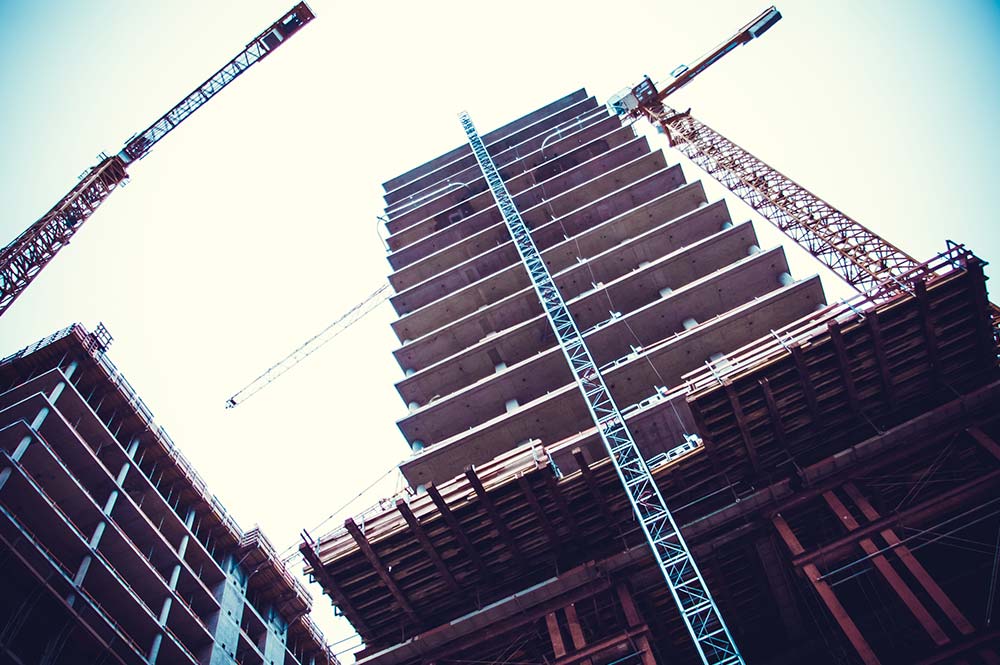
Government to fund replacement of non-ACM cladding systems on residential buildings
On 11 March, the government announced that it would provide up to £1 billion in 2020/21 to fund the removal and replacement of unsafe non-ACM cladding systems on high-rise residential buildings.
Attitudes towards building safety have undergone a paradigm shift since the tragic events at Grenfell Tower. Since then, the government has introduced a wide-ranging package of measures to ensure that buildings, particularly those with Aluminum Composite (ACM) cladding, are made safe. Notably, the government last year introduced a fund of £600m for the replacement of unsafe ACM cladding from residential buildings, similar to the type that was in place on Grenfell Tower.
Although ACM cladding remains the government’s priority, it has now announced proposals to extend funding for the removal and replacement of non-ACM cladding, such as High Pressure Laminate panels (‘HPL’). The announcement follows the guidance issued by the government earlier in the year in its “Consolidated Advice Note on Building Safety”, and in particular, the views of its Expert Panel that HPL systems with a ‘C’ or ‘D’ (i.e. those with a medium or high contribution to fire) would not meet the requirements of the Building Regulations, and that owners of such buildings should replace those materials as soon as possible.
Funding will be available to both the social and private sectors. In the private sector, the fund will be for the benefit of leaseholders to ensure that their buildings are made safe; and in the social sector, where remediation costs would otherwise be too prohibitive.
What are the eligibility criteria?
As with the ACM fund last year, funding will be available for buildings that are 18m or above.
The government has also said that building owners will be required to pursue warranty claims and take “appropriate action against those responsible for putting unsafe cladding on these buildings, with any damages recovered paid to Government once recouped.”
What are warranty claims?
Warranty claims refer to claims made under latent defect insurance policies. Those policies provide cover for newly built properties in the event of an inherent defect that was not capable of being discovered through inspection before completion.
Typically, latent defect policies are triggered in the event of (a) a non-compliance with the relevant Building Regulations that applied at the time of construction/conversion; and (b) which causes a present or imminent danger.
Given the above, unsafe non-ACM cladding that has been installed in high-rise residential blocks is likely to meet those requirements.
What other claims might be available against those responsible for putting unsafe cladding on buildings?
Those involved with the original cladding installations may include Main Contractors, Architects, and specialist cladding subcontractors. The type of claims that can be brought against them will differ in each case, and will depend upon the nature of the relationships between the parties, and the specific work that was undertaken.
One route to making a recovery against those involved with the original cladding installation is under the Defective Premises Act 1972.
The Defective Premises Act imposes a duty on builders and any other professionals who take on work in connection with the provision of a dwelling. It requires the work to be done in a professional or workmanlike manner, with proper materials, and that the dwelling is for habitation when completed. The duty is owed to every person who acquires a legal or equitable interest in the dwelling.
Summary
The announcement of funding for the remediation of non-ACM buildings underlines the government’s ever-increasing commitment to building safety.
It is also likely to come as a blow to latent defect insurers, who may face a surge in the number of claims made under their policies. The potential for claims will be increased if, as expected, local authorities and Fire and Rescue Services are granted enforcement powers where building owners refuse to apply for funding, or otherwise refuse to remediate their buildings.
Alex Rosenfield is a Senior associate at Fenchurch Law
Other news
Motor Finance and the FCA Redress Scheme: Insurance Coverage implications for policyholders
12 February 2026
Background and Supreme Court Decision The UK Supreme Court’s judgment in Hopcraft v Close Brothers Ltd, together with…
You may also be interested in:
Archives
Categories
- Construction & Property Risks
- News
- International Risks
- Legislation
- Financial & Professional Risks
- Case Law
- Professional Risks
- Press Release
- Uncategorized
- The Good, the Bad and the Ugly
- Fenchurch Law Webinars
- Stonegate
- Newsletter
- Events
- Webinars
- Comparing German and English Insurance Law – A Series
- Construction Risks
- Operations
- Business Development



